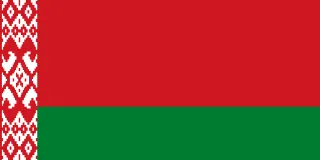3. Phosmet This is another insecticide that can be effective against goat lice. It acts as a contact poison, meaning it kills lice upon direct contact. Phosmet generally comes in spray or drench form.









